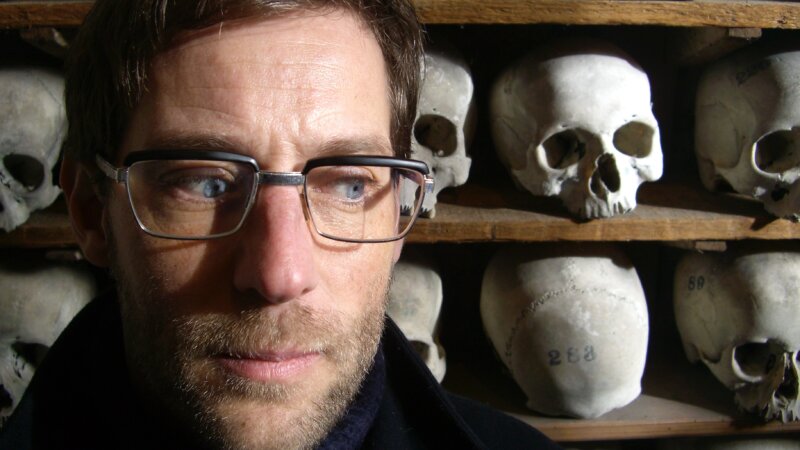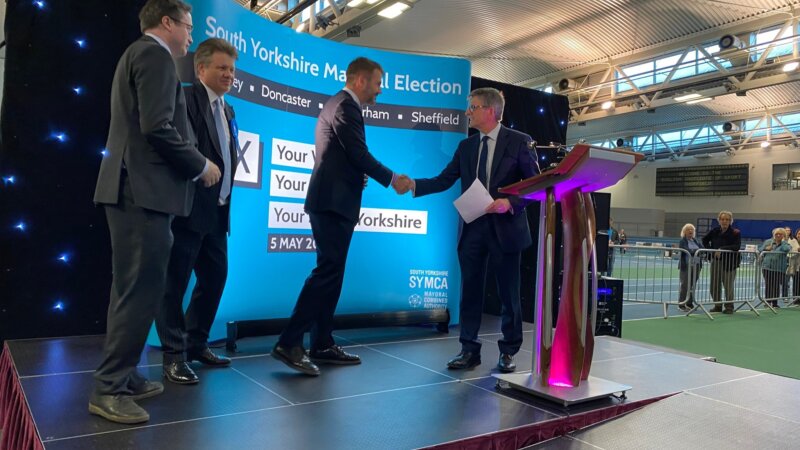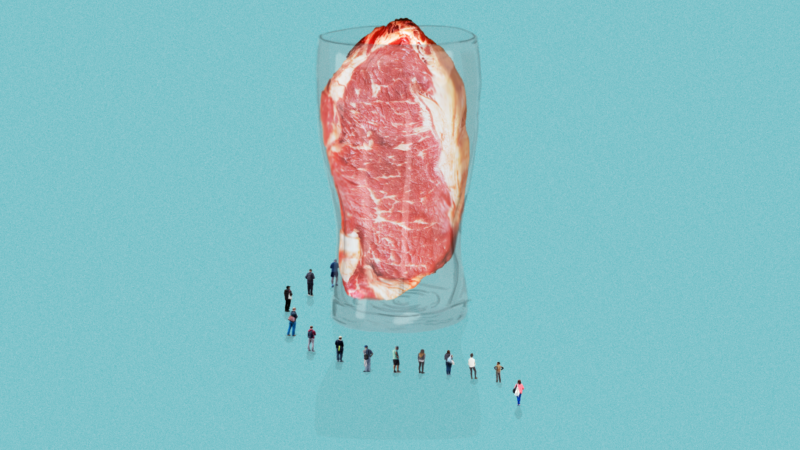David Nutt: Drugs Without The Hot Air
Professor David Nutt is a neuropsychopharmacologist at Imperial College, London. After being dismissed from the government’s Advisory Council on the Misuse of Drugs in 2009 for stating that horse riding was statistically more risky than taking ecstasy, he set up the Independent Scientific Committee on Drugs, now known as DrugScience, to explore the harms of drugs without political bias or interference.
Prof Nutt is a vocal advocate for a public health approach to drugs and in 2012 was involved in research for Channel 4’s Drugs Live: The Ecstasy Trial, a double-blind study of the effects of MDMA on the brain. With last year’s deaths linked to ecstasy carrying the Superman logo, and a new Drugs Live programme focussing on cannabis due to air this month, I spoke to Prof Nutt about his myriad ongoing projects.
I know you work in a lot of different areas, through Imperial College and DrugScience, but what has been your focus of late?
Trying to start up the first ever psilocybin depression study, which has proved very challenging because of the regulations, and finishing the first brain imaging study on LSD. Those are two of the most important things.
What exactly is the work you’re doing around depression and psilocybin?
We’re going to do a controlled study, where some people get it and some people don’t - a double-blind study. We’re going to base it on what they did at John Hopkins [University, Baltimore], which is a kind of guided therapy. A couple of therapists, male and female, with the patient, who help them work through any experiences they have under the psilocybin, to kind of guide them where they want to go.
That’s a similar thing to what you’re looking at with MDMA and post-traumatic stress disorder, isn’t it?
Yes, we’ve managed to find funding for that study now, so that study will start when we’ve got the licence. It’s been eight months now getting the licence for Cardiff University to hold the MDMA, and then you’ve got to write a dossier on MDMA, you’ve got to submit it to the MHRA [The Medicine and Healthcare Products Regulatory Agency], you’ve got to find a source that can make it.
What is the effect of substances like MDMA, LSD and psilocybin being illegal on research opportunities in the UK?
We’ve got to get the regulations changed. It makes absolutely no sense. To deny access to these medications in a vain attempt to stop people using them recreationally makes no sense at all. It takes years to get permission to do a single experiment. Why would you treat magic mushroom juice as more dangerous than heroin? It makes no sense whatsoever. It’s just an example of how bureaucracy creates its own perverse and crazy logic.
In light of the Superman pill deaths last year, there’s obviously a real need for a government-funded, centralised resource for national drug warnings and independent information. I know you’ve had some European funding for DrugScience, but do you not get any funding from the government?
No, none at all. We could do a much better job than [government funded drug education service] FRANK, for instance. I mean FRANK isn’t bad, but it’s not good. But I think FRANK is going to disappear. I think its budget has been massively cut, so there’s going to be even more need for DrugScience, but it’s hard to keep doing this without any funding.
FRANK goes one way, in coming from a position of ‘You shouldn’t take drugs’, and [independent drug information website] Erowid comes from the position of ‘You should take drugs’. The main thing is finding the middle ground there, isn’t it?
Exactly, and that’s what we’ve always tried to do with DrugScience. Erowid is actually a really good source of intelligent discussion, but Erowid is a site for people who want to use drugs and want to encourage others to use drugs. We read Erowid, we think about Erowid and we may quote it, but we can’t support it in that sense. We have to be neutral about the use of drugs.
Do you think if we legalised, or at least decriminalised, drugs in this country that ‘legal highs’ would drop off the radar entirely?
I think not. I think people would be interested in possibly safer versions of ecstasy. Ecstasy has a moderate safety margin but it’s not perfect, so I think there would be alternatives in that direction. Actually, to be honest, [famous biochemist and psychopharmacologist Sasha] Shulgin never managed to do anything to improve on MDMA, so it’s very unlikely anyone else will. The majority of people will say, ‘MDMA’s good enough for me and I’ll just use it in sensible doses.’ People might well go back to using cannabis, MDMA, amphetamine, LSD, psilocybin. It’s an interesting thought experiment.
What do you think of The Welsh Emerging Drugs and Identification of Novel Substances (WEDINOS) Project, which anonymously tests drug samples and is funded by NHS Wales?
I think that’s a very courageous and interesting development. It’s already given us some interesting insights. I hope they keep getting funding for it. It’s a brave thing to do and it hasn’t created havoc. The Welsh aren’t taking, as far as we know, more drugs than other people, but at least there’s a chance that some people’s lives are being saved by knowing they’ve got something that’s toxic.
You’re also working on indentifying compounds similar to alcohol without the unwanted effects. Have you got to the stage where you’re testing yet?
We’ve now got about 80-odd compounds with a preliminary pattern, so we’re progressing quite well. We’re looking for funding now. I’m hoping to have the first ‘parties’, or alcohol alternative sessions, in the next couples of months, depending on how the investors view it. My vision has always been that you have something that you use socially instead of alcohol.
Are you planning another Drugs Live programme on cannabis this year, to follow up on the MDMA one aired on Channel 4 in 2012?
Yes, it’s 3 March. It’s going to be a longer programme, only one instead of two. It should be fun.
Were you happy with how the last ones went?
I was extraordinarily happy. To get to do the study of brain imaging on MDMA I’ve wanted to do for ten years and never got funding – too damn right. We did the only two proper imaging papers on MDMA ever done. It was a remarkable study.
What are your thoughts on how we can talk more openly about drugs, particularly parents with their kids? Surely once attitudes change, the law will follow.
My book was written for parents. Read Drugs Without The Hot Air, give it to your kids and say, ‘Read this, and let’s talk about it if you ever want to.’ It is absurd that the leading cause of death for men between 16 and 50 in this country is alcohol. That is the drug that is going to kill more children than anything else, and yet we don’t talk about that. There are two messages: tell your kids the truth about alcohol and tell them never to inject. Beyond that, let’s try to work towards a rational policy where they know if they do take other drugs, they know what they’re taking.
DrugScience is funded by donations from individuals. Donate at drugscience.org.uk/donate
Drugs Live: Cannabis on Trial
wedinos.org
erowid.org
talktofrank.com
Photo by Sara Hill )







